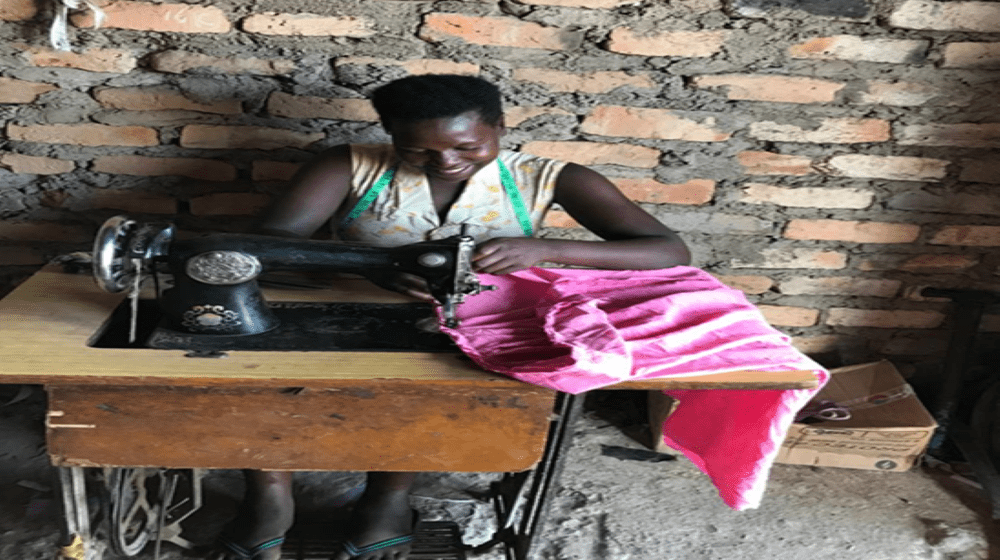KYEGEGWA, Uganda – In 2018, Anna Kyosimire aged 17, was forced to get married to a 40-year-old man, more than twice her age.
“I was forced into marriage to escape violence that we were experiencing from our step-father,” narrates Kyosimire from her Nyamuhanami village, Kyegegwa district in Western Uganda.
“When I got married I found myself in the same situation I was running away from because I also experienced physical, emotional, sexual and economic abuse in my marriage,” says a mother of two, now 21 years old.
Kyosimire narrates that she decided to move back to her parents’ home, but her former husband kept on bribing her father with money and buying him alcohol to convince her to go back to his home.
“The last time my father was forcing me to go back to my ex-husband’s home, he became so violent, he threatened to kill me with my mother, threatening to burry our bodies in the banana plantation,” says Kyosimire.
Now a member of BRAC facilitated Kihunga Empowerment and Livelihood for Adolescents (ELA) club, Kyosimire is leading the way in the fight against early marriage, teenage pregnancy, and gender-based violence, thanks to the funding from European Union Spotlight Initiative, through UNFPA.
The ELA club empowers young mothers like Kyosimire and vulnerable adolescent girls by providing them with life skills, including sexual and reproductive health information on topics such as teenage pregnancy, child marriage, menstrual hygiene, family planning, and prevention of gender-based violence.
“This knowledge helped me realize that my father was denying me the rights of deciding the man to marry and the right time of getting married,” says Kyosimire.
“I am now an empowered woman, I know my rights and I can defend myself. With knowledge in family planning and prevention of gender-based violence, I am now able to report my father whenever he tries to harass me and my siblings,” she said.
At the ELA club, the young mothers and adolescent girls also are taught livelihood skills, including financial literacy and support with business start-ups to make them economically independent and self-reliant.
“I’m currently using the skills I acquired from the trainings to tailor clothes and make snacks that I sell to earn money to support my family. The business helps me to take care of my children and paying rent. Whenever I am sick, I have money to go for medical treatment unlike before,” says Kyosimire.


